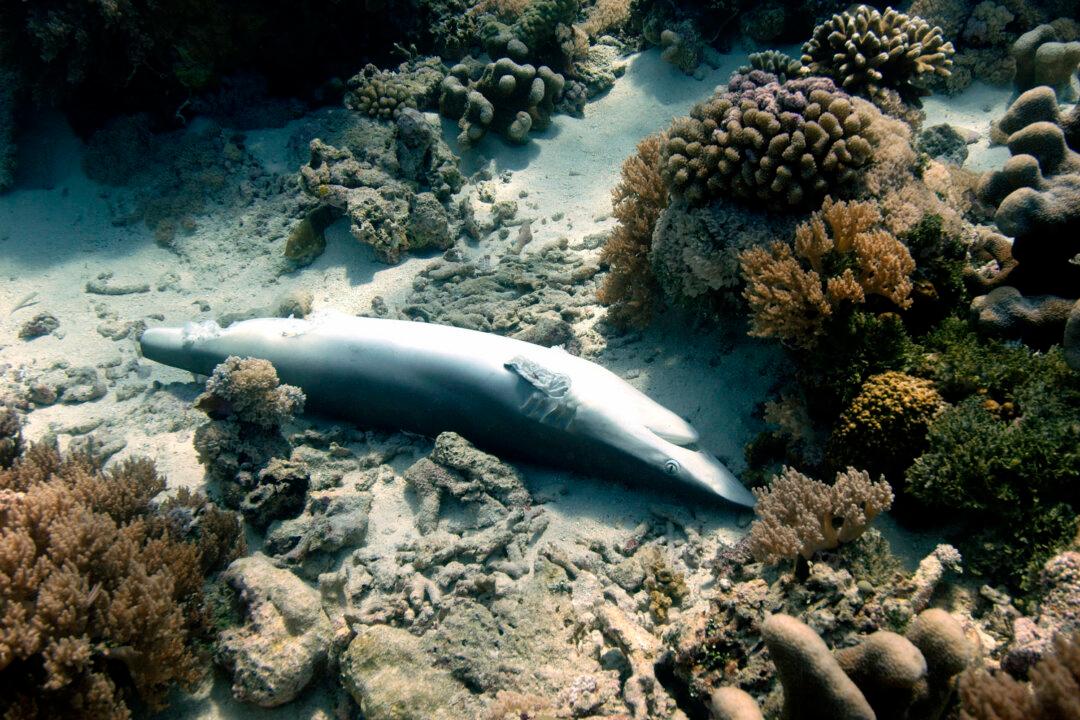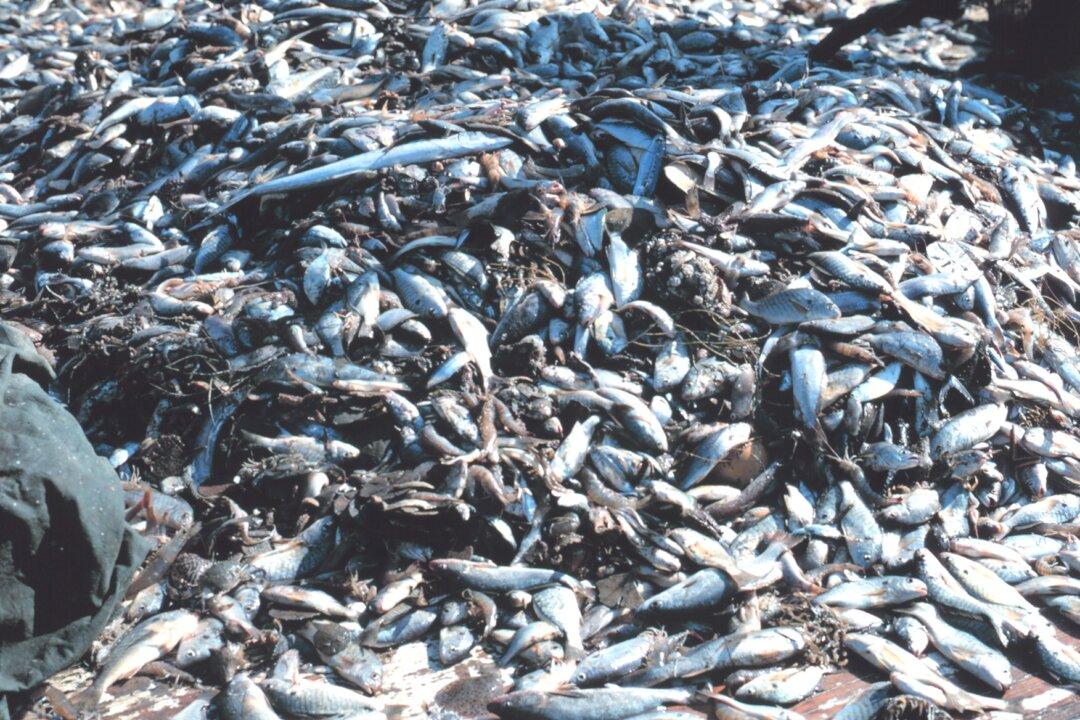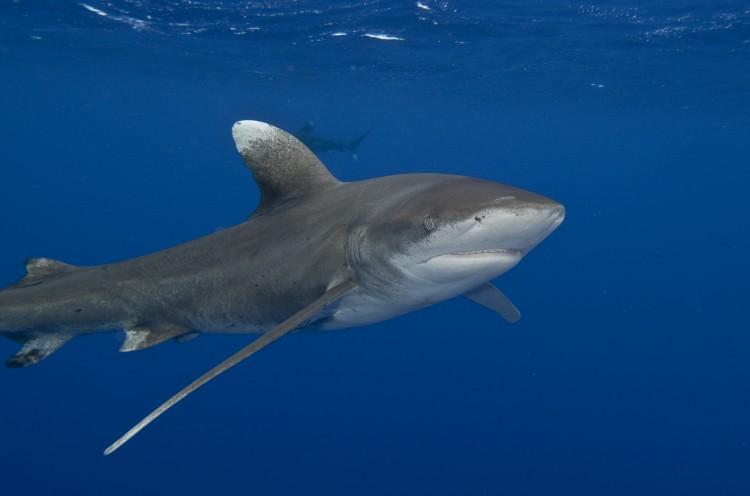A recently published study by the Imperial College London showed that environmental education could be passed between generations and affect behavior. No breakthrough you might think; my parents taught me plenty about how to behave.
Surprisingly, in this study it was school children who taught and changed the behavior of their parents. The results published February 13, 2013 in Environmental Research Letters describe a study on Mahé Island in the Republic of Seychelles. The researchers focused on the destruction of freshwater habitats in the country’s wetlands, which was being caused by litter, land reclamation and household wastewater.
Through wildlife club activities in schools, the kids learned about wetland conservation. The big surprise came when parents were given questionnaires. The adults had dramatically changed their attitude to the wetlands over a short 12 month period. They had become much more environmentally responsible falling in line with their kids.
In a far more dramatic way the youth of Malaysia’s Pulau Pangkor have ‘rocked the local fishermen’s boats’ and made them think again. “Some of the older generation were overfishing the reef and damaging the coral habitat” says reef ecologist Kee Alfian, of Universiti Kebangsaan Malaysia.
“It was the young reef guides who finally said enough is enough and closed off the area in October, 2011. They didn’t apply to the government for the closure but instead took matters into their own hands and forged an agreement within their community. The area was only about 5,000 square metres ( a football field). No fishing, no collecting, no diving.”
Incredibly, the closed area began to change almost immediately. From an environmental wasteland to noticeably healthier environment in just a little less than 2 years. But the young people went a step farther and have kept the area closed. In the months that followed, fish that had grown large enough spawned in the protected area and were joined by their offspring. As the population grew, fish began to emigrate to the fishing grounds; but they were larger than those that made up the usual small catch of juveniles. Even seacucumbers that were not being fished increased in numbers.
The entire process has been overseen by Kee Alfian of UKM and REEFCHECK Malaysia who have assisted through transplanting small propagated corals to the area. Stage two of the rehabilitation is being planned and will be implemented in the near future.
But what brought on the initial changes in Pulau Pangkor’s coral reefs? Was it global warming and coral bleaching, coral disease, or yet another new problem upsetting the nature’s delicate balances?
The answer is that the reefs were literally being ‘loved’ to death. People loved to snorkel there, they loved to fish there, to anchor their boats there, they loved to collect the shells, and they loved to dump their waste into the sea so it wouldn’t be a problem on land anymore. The relatively slow rate of recovery of coral reefs is geared to occasional natural disasters, not to prolonged over-use. The reef couldn’t repair itself quickly enough to cope with all the attention it was getting.
Once a popular venue for tourists eager to become underwater explorers, pollution and silt from the land, coupled with overuse had robbed Pulau Pangkor of the treasure that brought that very popularity. The absence of marine park status meant that tourist use and fishing pressure grew unchecked to destructive levels.
By comparison, Pulau Sembilan is located only 18 km to the south and yet a recent survey uncovered hidden beauty and diversity including carpets of anemone and beds of corals.
“I’m amazed as the water visibility is low yet the coral cover is in the same state as in the East Coast where the water is a lot clearer,” says Kee Alfian. The reefs are generally in “fair” condition, with average live coral cover (of both hard and soft corals) of 29% (the average for Malaysia in 2010 is 44%). The corals appear to be growing and reproducing well despite the turbid waters. The incidence of recently killed corals is low (0.44%), indicating few recent disturbances and a low abundance of coral predators.
Much has been said about the global decline of coral reefs and my own 1982 work first suggested that there were ‘points’ that if passed might become points of no return. Coral reefs as we know them could simply disappear.
Dr. Martin Scheffer (Sept., 2009)of Wageningen University in The Netherlands wrote of these ‘points’, “It’s increasingly clear that many complex systems have critical thresholds -- ’tipping points’ -- at which these systems shift abruptly from one state to another.”
In February, 2010 the American Association for the Advancement of Science held a conference to look at this frightening possibility. Titled “Will Coral Reefs Disappear?” Dr. Simon Donner, an assistant professor in the department of geography at the University of British Columbia, talked about the vulnerability of coral reefs to climate change due to higher ocean temperatures.
“Given the hundreds of millions of people living in the tropics who depend on coral reefs for food, income, tourism and shoreline protection, the loss of reefs is a serious issue”, says Dr. Donner
Dr. Donner says that he is not predicting that coral reefs will go extinct; they will continue to survive, but only in a few habitats, where they are protected from too much change. The reality is that a general loss of live coral cover and a breakdown of the physical structure of reefs will happen on a large scale.
Let’s think again of the wonderful success of the young people of Mahé Island and Pulau Pangkor. We as S.E. Asians are intimately tied to the sea; we fish in it, play in it, live next to it, and many of us make our livelihoods from it. Young people are showing us the way to turn the overexploitation around. We can and must avoid at all costs the point of no return, the ‘tipping point’, where all that we need from the sea is suddenly lost.
We must stop loving our reefs to death and instead learn a little respect and moderation. We are the only species on this planet that has the power to change the direction we are moving in and there is so little time.
Let our legacy to our children be that we learned from them and made their futures brighter in the process.
Gerry is a Malaysian based marine ecologist, Research Fellow and Advisor to the National University of Malaysia, and marine consultant to the Andaman Resort, Langkawi.



